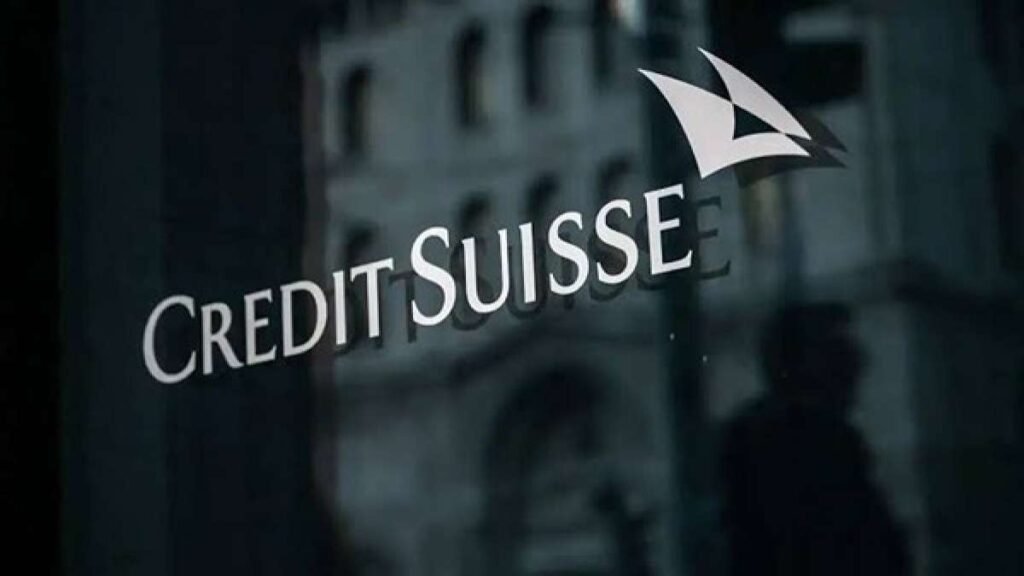Credit Suisse Take Over: Swiss President Alain Berset revealed on Sunday night that banking behemoth UBS is purchasing its smaller rival Credit Suisse in an effort to stop additional market-shaking turbulence in international banking. According to a PTI article, Swiss President Alain Berset described the news as “one of significant breadth for the stability of international finance” but did not provide a value estimate for the transaction.
7 Things you must know about the historical deal:
1) Credit Suisse is listed as one of the world’s internationally systemic important banks by the Financial Stability Board, an international organisation that oversees the global financial system. This indicates that regulators are concerned that an unchecked failure may cause financial system-wide repercussions similar to those experienced with the collapse of Lehman Brothers 15 years ago. The news conference on Sunday comes in the wake of the failure of two big American banks last week, which prompted a broad, panicked response from the US government to stop any other bank panics.
Nonetheless, since Credit Suisse’s share price started falling this week, according to a PTI report, the world’s financial markets have been on edge.
2)The Swiss bank is paying 3 billion francs ($3.3 billion) for its rival in an all-share deal that includes extensive government guarantees and liquidity provisions. The price per share marked a 99% decline from Credit Suisse’s peak in 2007, as per the agencies report.
3) The deal follows the collapse of two large U.S. banks last week that spurred a frantic, broad response from the U.S. government to prevent any further panic, according to agencies report.
4) According to the reports available, as part of the deal, nearly 16 billion francs ($17.3 billion) in Credit Suisse bonds shall be wiped out. European bank regulators use a special type of bond designed to provide a capital cushion to banks in times of distress. But these bonds are designed to be wiped out if a bank’s capital falls below a certain level, which was triggered as part of this government-brokered deal.
5) As per agencies reports, the blend of the two biggest and best-known Swiss banks, each with storied histories dating to the mid-19th century, amounts to a thunderclap for Switzerland’s reputation as a global financial center – leaving it on the cusp of having a single national champion in banking.
6) The 167-year-old Credit Suisse already received a USD 50 billion (54 million Swiss francs) loan from the Swiss National Bank, which briefly caused a rally in the bank’s stock price. Yet the move did not appear to be enough to stem an outflow of deposits, according to news reports. Still, many of Credit Suisse’s problems are unique and do not overlap with the weaknesses that brought down Silicon Valley Bank and Signature Bank, whose failures led to a significant rescue effort by the Federal Deposit Insurance Corporation and the Federal Reserve, according to a PTI report.
7)Following news of the Swiss deal, the world’s central banks announced coordinated financial moves to stabilize banks in the coming week. This includes daily access to a lending facility for banks looking to borrow U.S. dollars if they need them, a practice which widely used during the 2008 financial crisis, stated agencies report.

